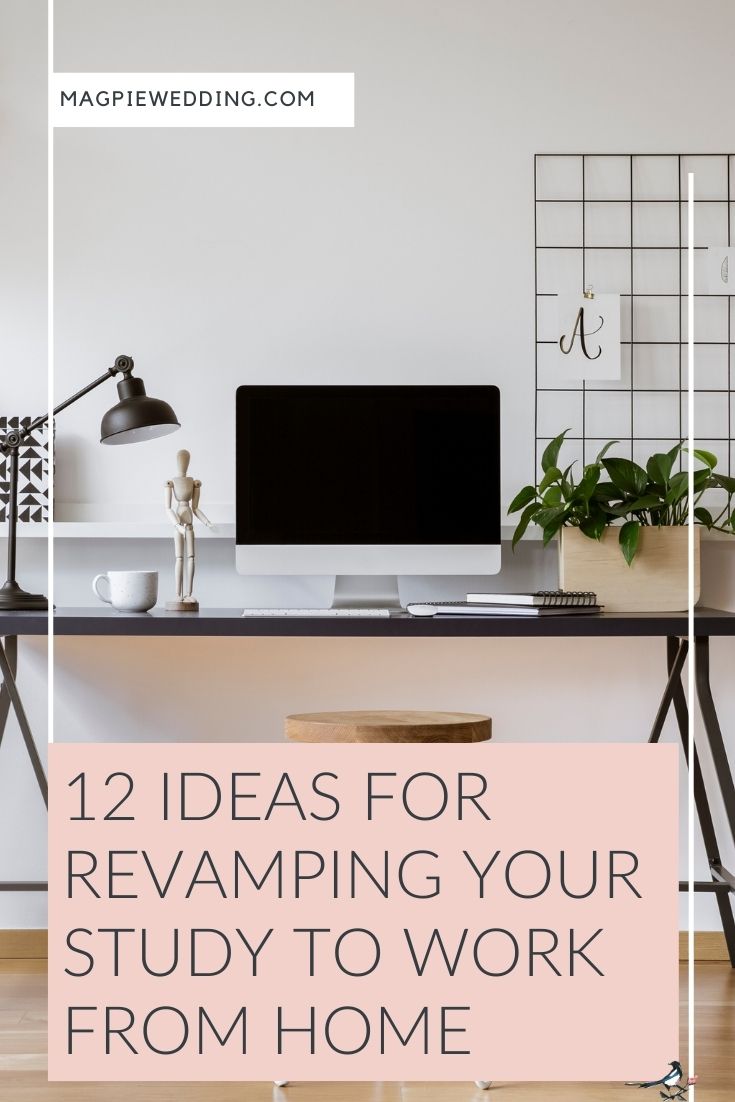Creating an effective and inspiring study space at home is crucial for productivity and motivation. A well-designed study area can enhance concentration, reduce stress, and make learning more enjoyable. Whether you’re a student, a professional working from home, or someone who loves to learn new things, here are some innovative ideas to revamp your study space.
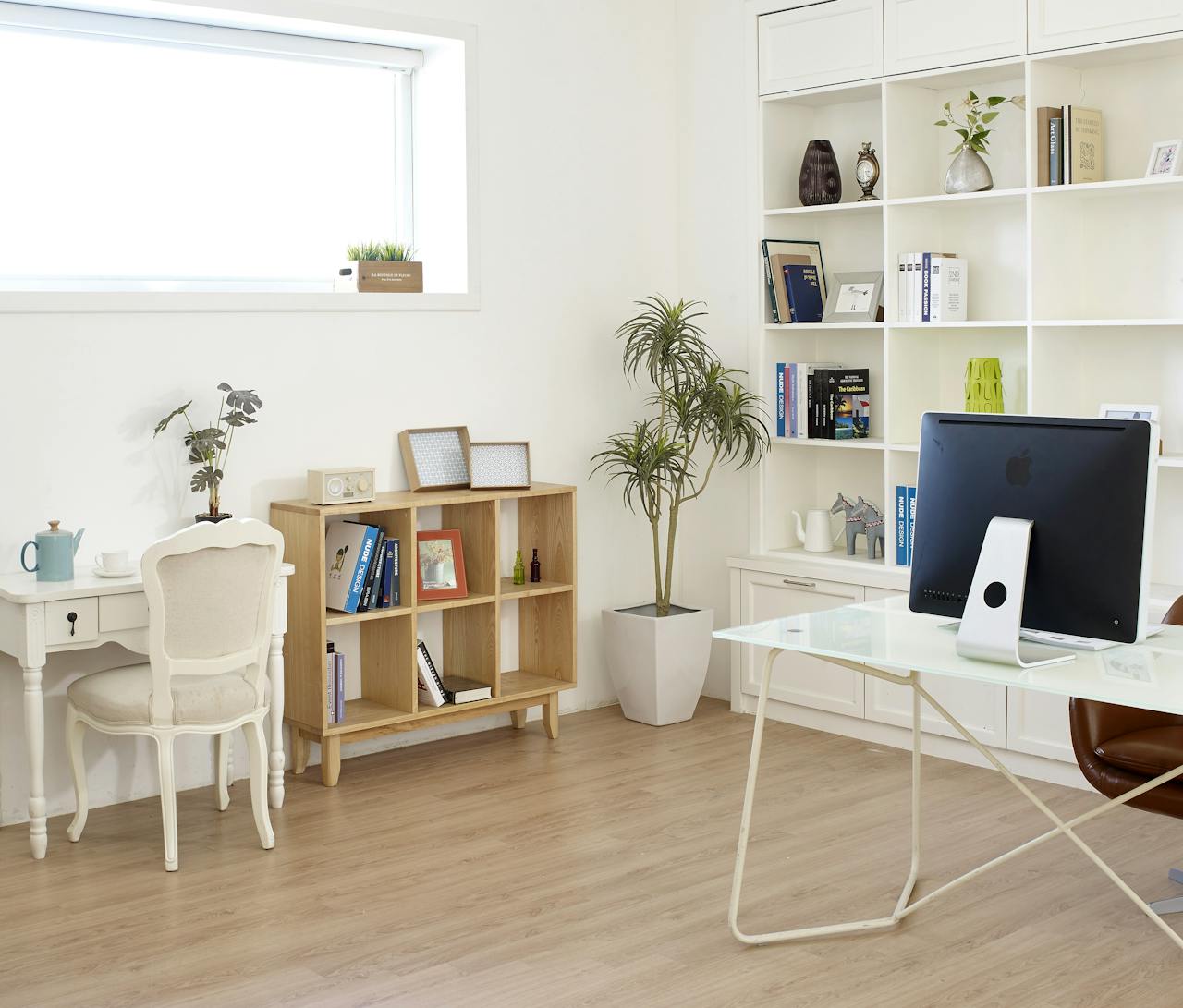
Ergonomic Furniture
Investing in ergonomic furniture is essential for comfort and health. A good-quality chair with lumbar support and an adjustable height can prevent back pain and improve posture. Pair this with a desk that suits your height and provides ample space for your materials. Standing desks are also a great option to reduce the amount of time spent sitting.
Adequate Lighting
Proper lighting is vital for reducing eye strain and creating a conducive study environment. Natural light is the best, so place your desk near a window if possible. If natural light is limited, opt for a good desk lamp with adjustable brightness. Consider using LED bulbs, which are energy-efficient and provide bright, clear light.
Declutter and Organise
A cluttered space can lead to a cluttered mind. Keep your study area tidy and organised by using storage solutions like Reclaimed Shelving, drawers, and bins. A clean desk with only the essentials can significantly improve your focus. Use cable organisers to keep cords out of the way and label your files for easy access.
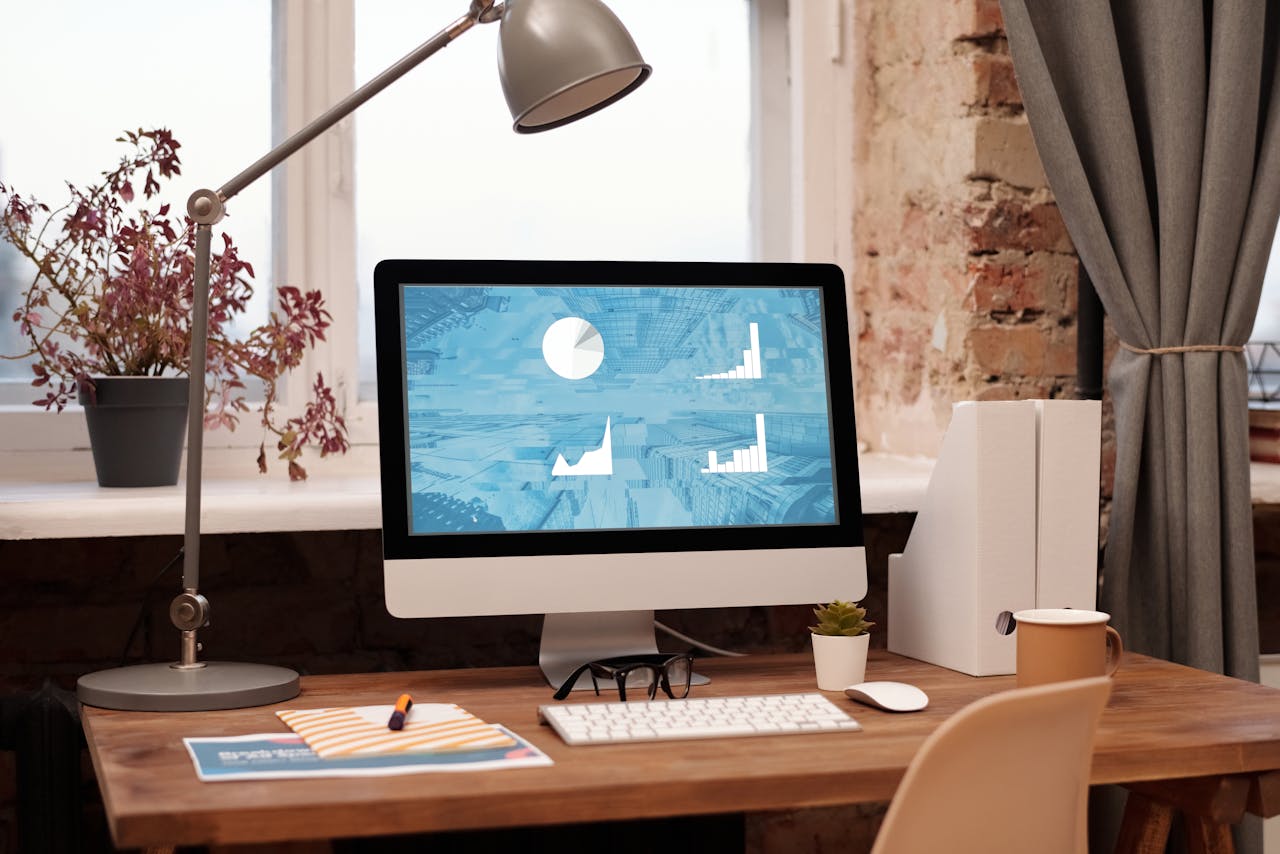
Personal Touches
Personalising your study space can make it more inviting and comfortable. Add items that inspire you, such as photos, artwork, or motivational quotes. Plants can also add a touch of nature and help improve air quality. Choose colours that calm and motivate you; blue and green are often associated with productivity and relaxation.
Technology and Gadgets
Incorporate technology that can enhance your study sessions. A reliable computer or laptop is essential, along with a high-speed internet connection. Noise-cancelling headphones can be beneficial if you’re in a noisy environment. Additionally, consider using apps and software to manage your time and tasks effectively, such as Trello or Evernote.
Comfortable Environment
Temperature and ventilation play a significant role in creating a comfortable study environment. Ensure your study space is well-ventilated and at a comfortable temperature. If your room tends to be hot, a fan or air conditioner might be necessary. For colder climates, a space heater can keep you warm without being distracting.
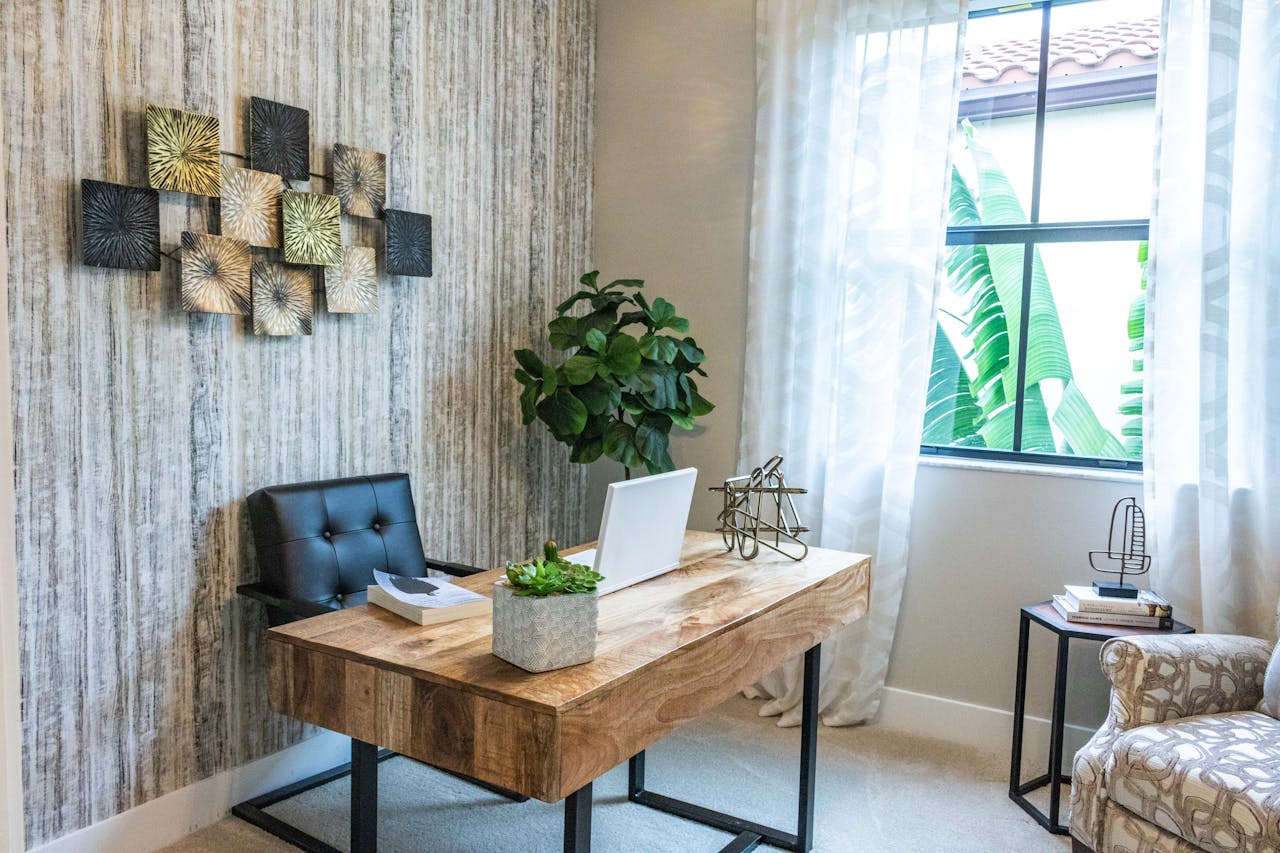
Create a Study Schedule
Designing a study schedule can help manage your time more effectively and reduce procrastination. Use a planner or digital calendar to allocate specific times for studying and breaks. Having a set routine can train your brain to focus during study periods and relax during breaks.
Incorporate Break Areas
It’s important to take regular breaks to avoid burnout. Create a designated break area away from your desk where you can relax and recharge. This can be a cosy chair with a good book, a yoga mat for stretching, cool coffee tables or a spot for a quick walk outside. The key is to give your mind a rest and come back to your studies refreshed.
Sound and Scent
Consider the impact of sound and scent on your concentration. Some people work better with background music, while others prefer silence. Experiment with different options, like instrumental music, white noise, or nature sounds. Scent can also influence your mood; use essential oils or candles with scents like lavender or peppermint to create a calming atmosphere.
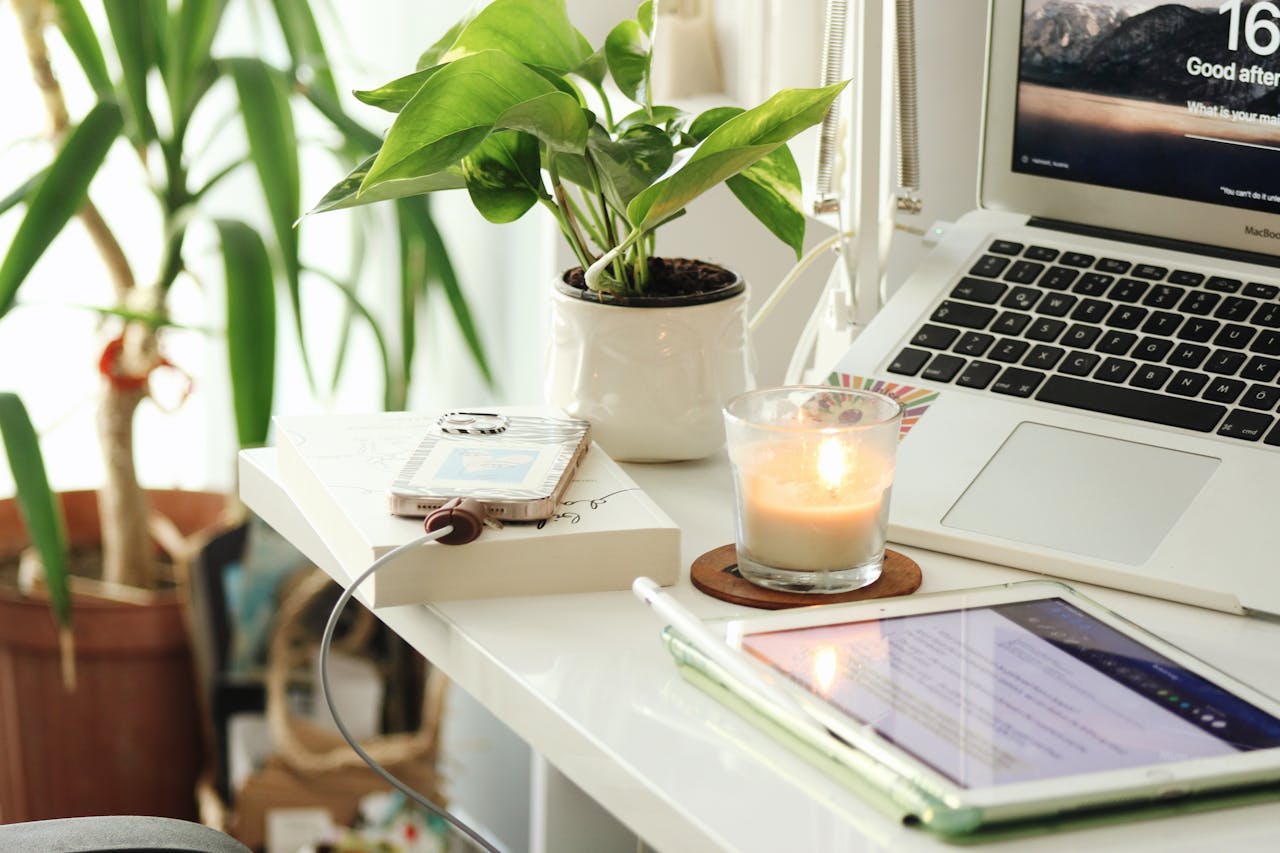
Flexibility and Adaptability
Your study needs might change over time, so it’s important to have a flexible and adaptable setup. Use furniture that can be easily moved or adjusted to fit different tasks. For example, a convertible desk that can switch from sitting to standing mode, or a modular shelving system that can be reconfigured as needed.
Incorporate Multi-Functional Spaces
If you’re limited on space, consider creating a multi-functional study area. Use a foldable desk that can be tucked away when not in use, or a wall-mounted desk to save floor space. A Murphy bed can also be a great option for a guest room that doubles as a study area.
Stay Motivated
Keeping your motivation high is essential when working from home for maintaining a productive study routine. Set clear, achievable goals and reward yourself for reaching them. Use a vision board to display your goals and progress. Regularly review and update your study space to keep it fresh and inspiring.
Revamping your study space at home doesn’t have to be an overwhelming task. By incorporating these working from home ideas, you can create a functional, comfortable, and motivating environment that enhances your productivity and makes learning more enjoyable. Remember, the key is to design a space that suits your personal preferences and study habits.
